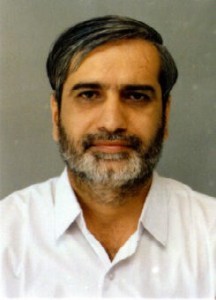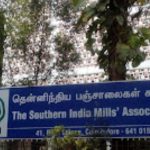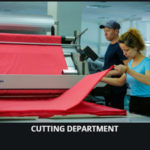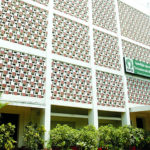The much awaited Gujarat Textile Policy – 2012 was announced on Sept. 5, 2012. The policy intends all the stakeholders to adapt an integrated approach to strengthen the entire value chain from farm – fiber – fabric – export and will be operational for 5 years. The policy aims at boosting the export of value-added items considering the fact that Gujarat has 35% share of the country’s total cotton production. Gujarat has a technically strong ginning sector with high productivity but lacks the required spinning capacity which results in the outflow of 90% of cotton produced to other states or for export. There is a need to multiply and modernise the spinning capacity and add further value by producing high quality processed fabric and apparel items conforming to the international quality and fashion. Gujarat already has a prominent position in MMF fabric segment with Surat producing over 40% of the country’s total production.Some of the highlights of the Gujarat Textile Policy 2012 are as under :
Interest subsidy : The government will provide, by way of credit linked interest subsidy at the rate of 5% per annum. (7% for spinning unit and garment/made-ups unit) for ginning & pressing, cotton spinning, weaving, dyeing & processing, knitting, garment/made-ups, machine carpeting, machine embroidery and any other activities/process like crimping, texturising, twisting, winding, sizing etc. within the textile value chain (except synthetic filament yarn). The technical textiles sector will get 6% subsidy.
Power tariff subsidy : The spinning units will get special concession in power tariff & assured supply of lignite. Power tariff subsidy @ Re.1per unit in the billed amount of the utility for the units will be available for the period of 5 years as promotional incentive for cotton spinning industries and weaving units with or without preparatory.
VAT Concession : Refund of VAT paid on purchases of intermediate product/raw material (except for certain goods & transactions) and remission of tax collected on end product/intermediate product within entire value chain to the extent of 100% the eligible fixed capital investments made within one year (2years in case of investment more than 500 cr) from the date of production or during the scheme whichever is earlier. This concession will be available during 8 years from the date of the production.
Energy & water conservation and environmental compliance : Up to 50%, max. Rs. 50,000 for energy/water audit. Up to 20% of cost of equipments, max. Rs. 20 lakhs in each case separately. This benefit will be offered once in 2 years.
New technology acquisition and up-gradation : Assistance of up to 50% of the investment for technology acquisition/collaboration, with max. of Rs 25 lakhs per process/product once during the scheme. The acquisition of technology and collaboration can be in any form, including purchase of drawing and design and technology development through R&D institution and/or technical consultancy firm.
Apparel training institutions/centers : Assistance up to 85%, with ceiling of maximum of Rs 3 crore, of the project cost covering fixed capital investment in building, equipments and machinery.
Support for textile & apparel Park: Assistance of up to 50%, with maximum limit of
Rs. 10 crore (Rs.30 crores for Spinning park) of total project cost for establishing common infrastructure facilities, excluding land cost.
The government, through the new policy, intends to regain the lost glory of Gujarat in the textile field especially when other states like Tamilnadu, Maharashtra, Karnataka and others have are making good progress in the textile & clothing sector.





